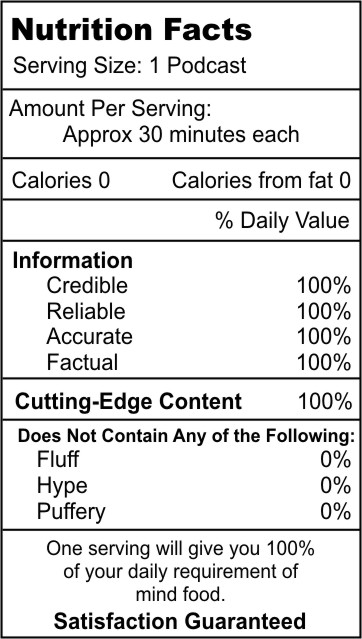In this interview Ross Pelton discusses Rapamycin and autophagy. These were new terms for me. The story of Rapamycin is interesting and intriguing. Rapamycin is a drug that was developed after discovery on Easter Island led to the drug’s development. This is an example of how a natural compound in nature is discovered, researched and developed as a drug. Ross covers this discovery in this interview and in his newest book: RAPAMYCIN – The Most Promising Life Extension Drug. This was all new to me and Ross’ book is a powerful introduction.
“Autophagy (pronounced “ah-TAH-fah-gee”) is your body’s process of reusing old and damaged cell parts. Cells are the basic building blocks of every tissue and organ in your body. Each cell contains multiple parts that keep it functioning. Over time, these parts can become defective or stop working. They become litter, or junk, inside an otherwise healthy cell.
Autophagy is your body’s cellular recycling system. It allows a cell to disassemble its junk parts and repurpose the salvageable bits and pieces into new, usable cell parts. A cell can discard the parts it doesn’t need.
Autophagy is also quality control for your cells. Too many junk components in a cell take up space and can slow or prevent a cell from functioning correctly. Autophagy remakes the clutter into the selected cell components you need, optimizing your cells’ performance.” Source: ClevelandClinic.org




